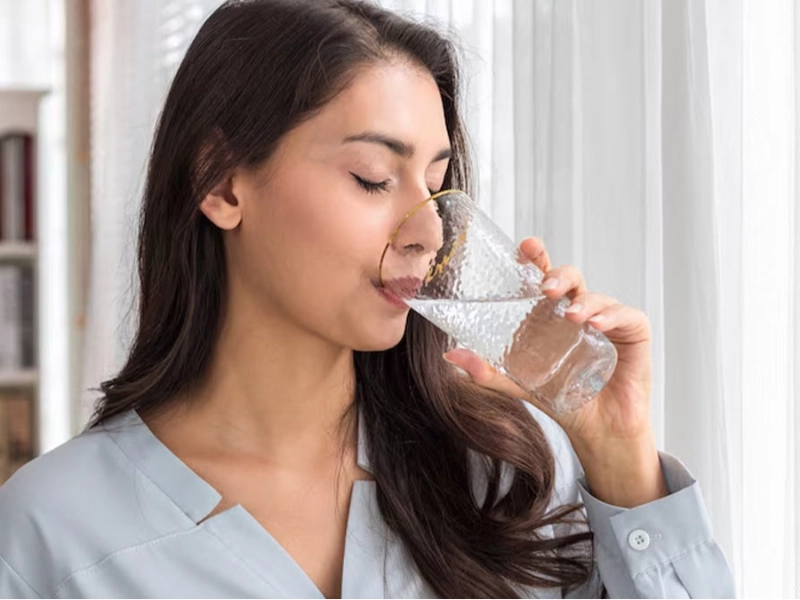Forget 8 Glasses: The New Rule for Staying Hydrated
Advertisement
8. Hydration Myths Debunked: Separating Fact from Fiction

Advertisement
Regarding hydration, throughout years many false ideas and beliefs have emerged. Developing a more accurate knowledge of our bodies' water needs and how best to supply them depends on busting these false ideas.
Myth1: Coffee constantly makes you thirsty.
Fact: Although caffeine does have a little diuretic impact, the fluid gained from caffeinated drinks like coffee and tea usually exceeds the fluid lost. In regular users, modest caffeine intake has no appreciable effect on hydration level.
Myth2: You should sip eight glasses of water every day.
Fact: As was already said, this one-size-fits-all solution ignores personal variations in body size, activity level, environment, and food. Your particular hydration demands will change daily and are unique.
Myth3: You already are dehydrated if you are thirsty.
Fact: Thirst is actually the first indication your body needs fluids. Although you might be somewhat dehydrated when you feel thirsty, this is not indicative of major dehydration. Usually, keeping appropriate hydration just requires quick response to thirst.
Myth 4: Clear pee indicates your level of hydration.
Fact: Although urine colour might indicate hydration level, totally clear pee could point to overhydration. Usually indicating good hydration is pale yellow urine.
Myth 5: For hydration, sports drinks consistently outperform water.
Fact: Water is plenty for most people involved in everyday activities or modest exercise. Sports drinks are most helpful in highly hot situations where electrolyte replacement is required or during extended, vigourous exercise.
Myth 6: There is no limit on water intake.
Fact: Although rare, excessive water intake can cause a disorder known as hyponatremia, in which case the blood's salt concentration dangerously drops. This is most likely going to happen during endurance athletic competitions.
Myth 7: Drinking water with meals weakens digestion and dilutes stomach acid.
Fact: Not one scientific study supports this assertion. Actually, water helps break down meals and reduce constipation, so assisting digestion.
Myth 8: You should sip water even if you're not particularly thirsty.
Fact: Most healthy people find that drinking when thirsty is enough to keep their hydration level appropriate. Unless you're in unique situations like getting ready for severe exercise or recuperating from illness, forcing drinks beyond thirst is usually not necessary.
By busting these misconceptions, we can approach hydration from a more complex, scientifically based standpoint. Recall that hydration is quite personal; what suits one person might not be perfect for another. If you have particular questions regarding your hydration needs, always take into account your particular situation, pay attention to your body, and see medical experts.
Ultimately, maintaining appropriate hydration is about far more than following a strict eight-glass-a-day guideline. It's about knowing your body's particular demands, paying attention to its signals, and using a whole approach that takes into account your surroundings, diet, and degree of exercise in addition to your drinking. You may make sure your body gets the fluids it needs to operate at its best by dispelling myths, investigating many hydration sources, and creating customised plans. Recall that good hydration supports everything from cognitive ability to physical performance and is a fundamental component of general health and well-being. Thus, reject the conventional wisdom and welcome a more educated, customised strategy to keep hydrated.
Advertisement
You May Like

